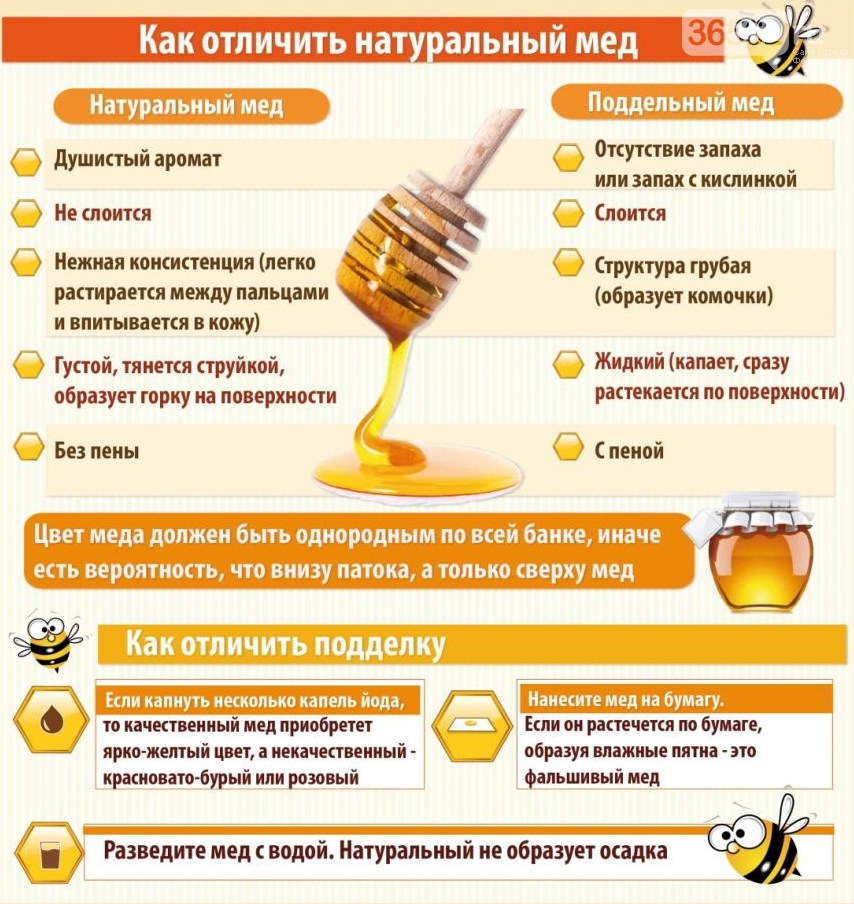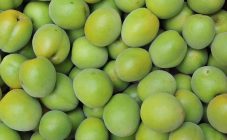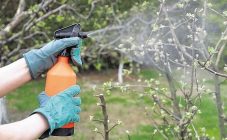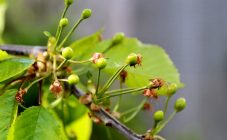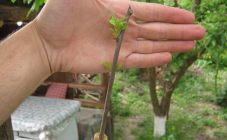Almost everyone has heard about the magical healing properties of honey. Many people love it for its pleasant taste, someone appreciates its usefulness, and someone uses it as a sugar substitute. The market is replete with a variety of types, but how can you still distinguish a quality product and not be led by unscrupulous sellers? When choosing, you should pay attention to the following characteristics:
- Colour;
- the smell of honey;
- availability of appropriate certificates from the seller.
The color varies in a range of brown shades, ranging from the lightest to almost burgundy. There is also green, which is produced by bees not from pollen, but from the sweet secretions of plants.
The seller must have a certificate of conformity as well as a veterinary certificate. But the smell can be a little difficult. What kind of aroma will be appropriate in this case, you need to know in advance.
Uncharacteristic smell
It would seem that honey should have a scent familiar from childhood and problems should not arise. But it's not that simple. Much depends on the variety of the product and on the plants with which it is produced. Storage conditions also affect the flavor of honey. To correctly identify the smell, it is better to listen twice - before and during the test. Because getting into the oral cavity, the aroma can be modified or intensified.
It happens that nectar can smell bad. If you correctly determine what this unpleasant aroma resembles, it will be possible to identify the causes of the stench and decide whether to eat such a product or to abstain. So, the most common non-standard incense that raises the question of why honey does not smell like honey:
- It smells like urine. It is believed that if a product has such a stench, it is most likely exposed to heat. The storage conditions may have been violated. In any case, there are very few useful microelements in it.
- Manure is felt in the aroma. This sign in no way indicates a defect or deterioration of the product. Do not forget that honey absorbs extraneous odors very well. If you feel notes of manure, then most likely the apiary is located on a farm where agriculture is well developed.
- Nectar can smell like dog. This odor is a sign of poor quality. It is not recommended to eat it. If, nevertheless, the purchase has already been made, you can use it for cosmetic purposes.
Real flavor
The aroma of fresh honey should be sweet and pleasant. The smell depends on how much sugar is contained in the nectar. The sweetest are white acacia, linden and clover. Some varieties have more bitter aromas such as chestnut, willow or honeydew. Nevertheless, in a natural product without the addition of bright incense, you may not even feel it.
If you still get odorless honey, why not worry? Everything is easy to explain, such a phenomenon is observed if:
- The product was purchased in the winter when it is not as fresh. Harvesting occurs in summer and early autumn.
- Honey was kept in an open container. The nectar can both quickly absorb any odors and erode from them, therefore such storage leads to the absence of any aroma. Nevertheless, all useful properties are preserved.
Answering the question why honey does not smell, it is safe to say that this is a fairly common phenomenon and indicates the absence of artificial flavors or natural additives. Such nectar can be safely eaten.
Due to the large number of types of honey on sale, you need to be able to identify the product with the most natural composition. Otherwise, the purpose for which it was acquired will not be achieved and it will not bring health benefits.

